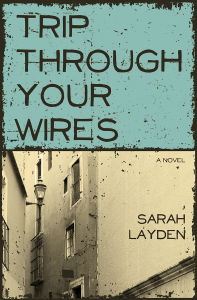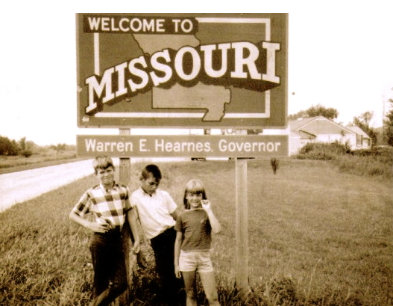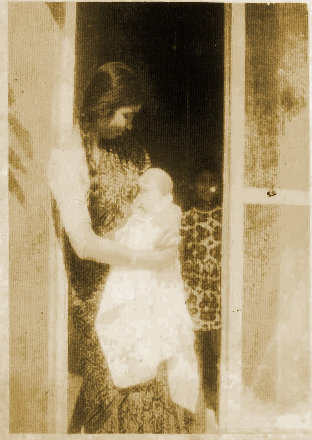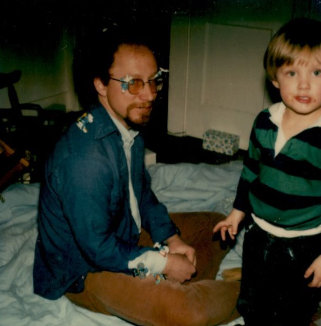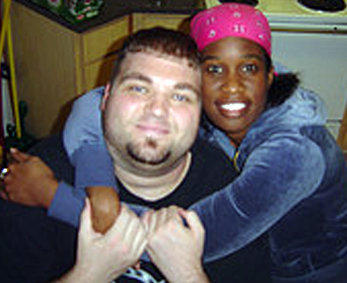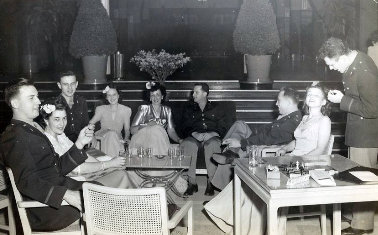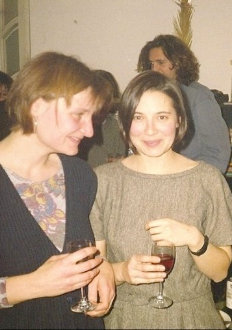264 pages, $14.95
Review by James Figy
Memory—how much we dwell on it, how much we can trust it—pervades Sarah Layden’s debut novel Trip Through Your Wires. The story follows Carey Halpern, an Indianapolis native who has never come to terms with her boyfriend Ben Williamson’s murder seven years ago in Mexico—and the role she likely played in it. Then authorities find Ben’s stolen passport. The discovery sends Carey into a maelstrom of memories about that year abroad. It forces her to face the past and try to move forward.
The book is set half in Indianapolis in 2003, half in Mexico in 1995-96. In the present, Carey is unexpectedly let go from a temp office job, which was the bright spot in her life. It’s a worst-case scenario. Besides her parents, whom she lives with and owes money, Carey is alone. She cut herself off from everyone following a series of poor life choices after her return from Mexico. Continue reading
![[PANK]](http://pankmagazine.com/wp-content/themes/pank/assets/images/pank-logo-large.png)

